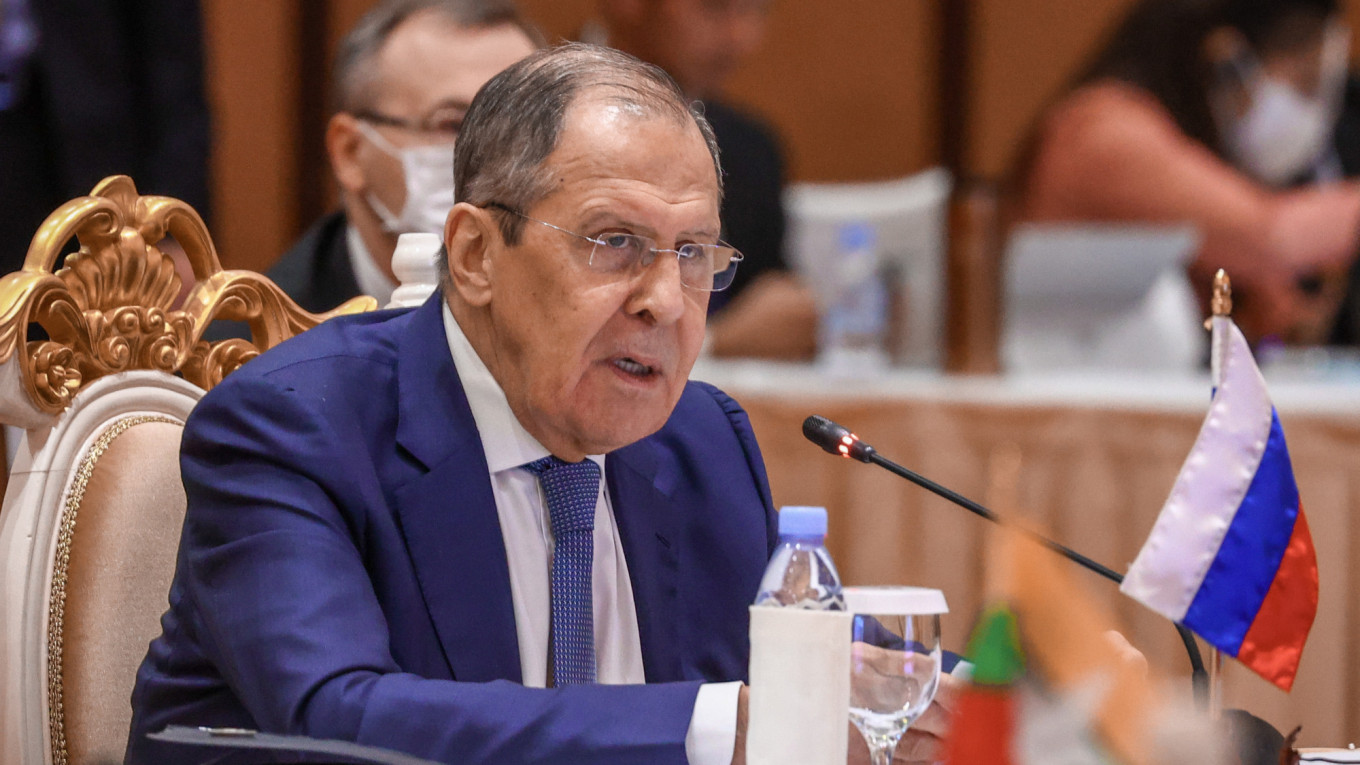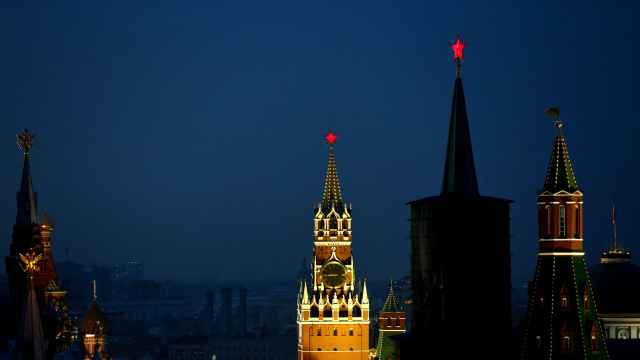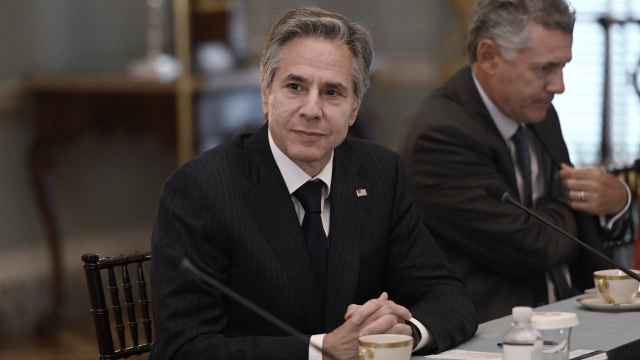Russia said Friday it was ready to discuss a prisoner swap with Washington at the presidential level, a day after the drug conviction of U.S. basketball star Brittney Griner.
Despite tensions soaring between Russia and the U.S. since the launch of Moscow's military intervention in Ukraine, the former Cold War rivals appeared to be edging closer to a new prisoner exchange.
The White House has urged Russia to accept its offer of a deal for the release of Griner and former U.S. Marine Paul Whelan, who was sentenced to 16 years in prison on espionage charges.
Russia's Foreign Minister Sergei Lavrov on Friday said Moscow was willing to discuss the matter.
"We are ready to discuss this subject, but only within the framework of the (communication) channel established by presidents Putin and Biden," Lavrov told a press conference on a visit to Cambodia.
"There is a special channel established by the presidents and despite certain public declarations, it is still functional," he added.
U.S. Secretary of State Antony Blinken, who spoke to Lavrov about the exchange last Friday, said Washington will be "pursuing" discussions with Russia.
He also said Griner's conviction put a spotlight on the "Russian government's use of wrongful detentions to advance its own agenda using individuals as political pawns."
WNBA player Griner was on Thursday sentenced to nine years in a Russian penal colony and ordered to pay a fine of 1 million rubles ($16,590) for possessing and smuggling narcotics.
The two-time Olympic basketball gold medalist and Women's NBA champion was detained at a Moscow airport in February after she was found carrying vape cartridges with cannabis oil in her luggage.
The Phoenix Mercury player was coming to Russia to play club basketball with UMMC Ekaterinburg during the U.S. off-season — a common path for American stars seeking additional income.
Griner pleaded guilty to the charges, but said she did not intend to break the law or use the banned substance in Russia.
'Honest mistake'
"I want the court to understand it was an honest mistake that I made while rushing, under stress, trying to recover from post-Covid and just trying to get back to my team," Griner said in her final statement before the verdict.
Griner had testified that she had permission from a U.S. doctor to use medicinal cannabis to relieve pain from her many injuries, and had never failed a drug test.
The use of medical marijuana is not allowed in Russia.
Griner's legal team said they plan to appeal the "unreasonable" verdict.
U.S. President Joe Biden called Griner's conviction "unacceptable" and said Washington would "work tirelessly" to secure her release.
Blinken has said Washington put forward a "substantial proposal" for the exchange of Griner and Whelan.
The highest-profile Russian prisoner in the United States is Viktor Bout, a 55-year-old arms trafficker, dubbed the "Merchant of Death," who is serving 25 years in jail.
There is no official confirmation that Washington has offered to exchange him.
Bout's wife Alla on Friday expressed her sympathies to Griner's family, saying she hoped her husband and the U.S. athlete will be able to return home.
"Sympathy has no citizenship and nationality, it is a universal human emotion," she told Russian news agency RIA Novosti, expressing hope that Russia and the U.S. would "come to an agreement."
Russia and the United States have already conducted one prisoner swap since the start of Moscow's Ukraine offensive.
In April, Washington exchanged former US Marine Trevor Reed for convicted drug smuggler Konstantin Yaroshenko.
A Message from The Moscow Times:
Dear readers,
We are facing unprecedented challenges. Russia's Prosecutor General's Office has designated The Moscow Times as an "undesirable" organization, criminalizing our work and putting our staff at risk of prosecution. This follows our earlier unjust labeling as a "foreign agent."
These actions are direct attempts to silence independent journalism in Russia. The authorities claim our work "discredits the decisions of the Russian leadership." We see things differently: we strive to provide accurate, unbiased reporting on Russia.
We, the journalists of The Moscow Times, refuse to be silenced. But to continue our work, we need your help.
Your support, no matter how small, makes a world of difference. If you can, please support us monthly starting from just $2. It's quick to set up, and every contribution makes a significant impact.
By supporting The Moscow Times, you're defending open, independent journalism in the face of repression. Thank you for standing with us.
Remind me later.






